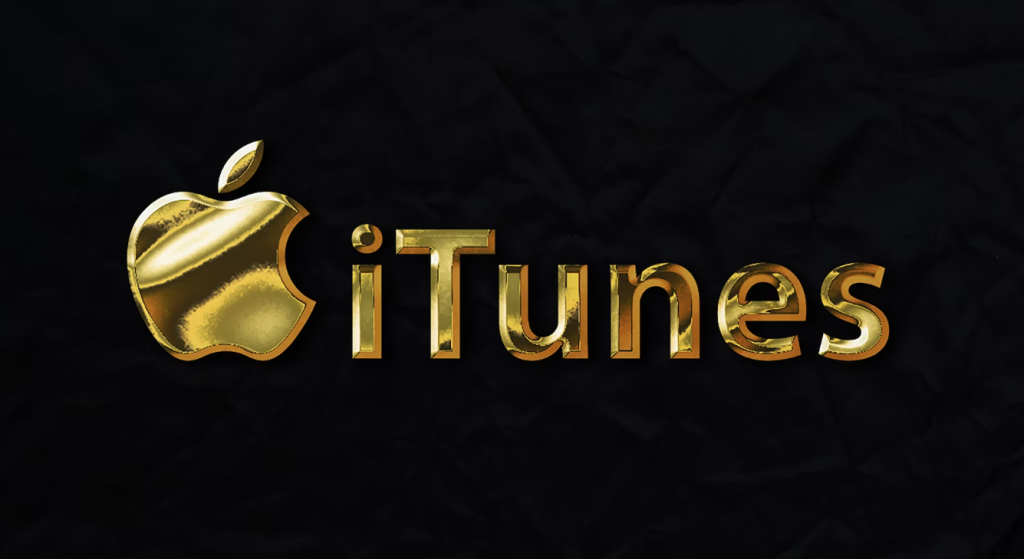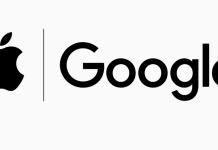Tech giant Apple has chosen to settle a lawsuit filed against it over alleged complicity in iTunes gift card scams. The settlement terms, detailed in a filing submitted to a federal court in San Jose, California, are currently awaiting preliminary approval from US District Judge Edward Davila.
The lawsuit revolves around Apple’s purported involvement in allowing scammers to exploit iTunes gift cards. The scam, employing panic-inducing tactics, coerced victims into purchasing Apple gift cards for fabricated reasons such as taxes, medical bills, bail, or debt collection. Despite explicit warnings against it, victims were then instructed to disclose card codes.

Apple faces accusations of depositing 70% of the stolen funds into fraudsters’ bank accounts while retaining 30% as a “commission” for knowingly converting stolen codes into monetary assets. The financial impact of the scam is estimated to have caused victims to lose “hundreds of millions of dollars,” according to the lawsuit.
The lawsuit, covering individuals in the United States who purchased gift cards redeemable on iTunes or the App Store between 2015 and July 31, 2020, alleges that these individuals provided codes to fraudsters and did not receive refunds from Apple.
Legal proceedings gained traction in June 2022 when Judge Davila rejected Apple’s attempt to dismiss the case. The judge deemed Apple’s disavowal of liability, even after victims reported being scammed, as unconscionable.
This legal development underscores the growing importance of holding tech giants accountable for consumer protection and financial security. It also serves as a warning about potential risks associated with digital transactions and the usage of gift cards.
While Apple and lawyers for the plaintiffs have not immediately responded to requests for comment, the mediation process played a crucial role in reaching settlement terms. The formal settlement is now in the drafting stage, awaiting preliminary approval by the judge, marking a crucial step in addressing the aftermath of the iTunes gift card scam.
Related:
- HarmonyOS to overtake Apple iOS in China, however, global prospects remain uncertain
- Apple Led the 2023 Flagship Smartphone Market, especially in China, Western Europe, & India
- iPhone 16 Pro, Pro Max Tipped To Come With Smaller Dynamic Island, Upgraded Cameras, And More







